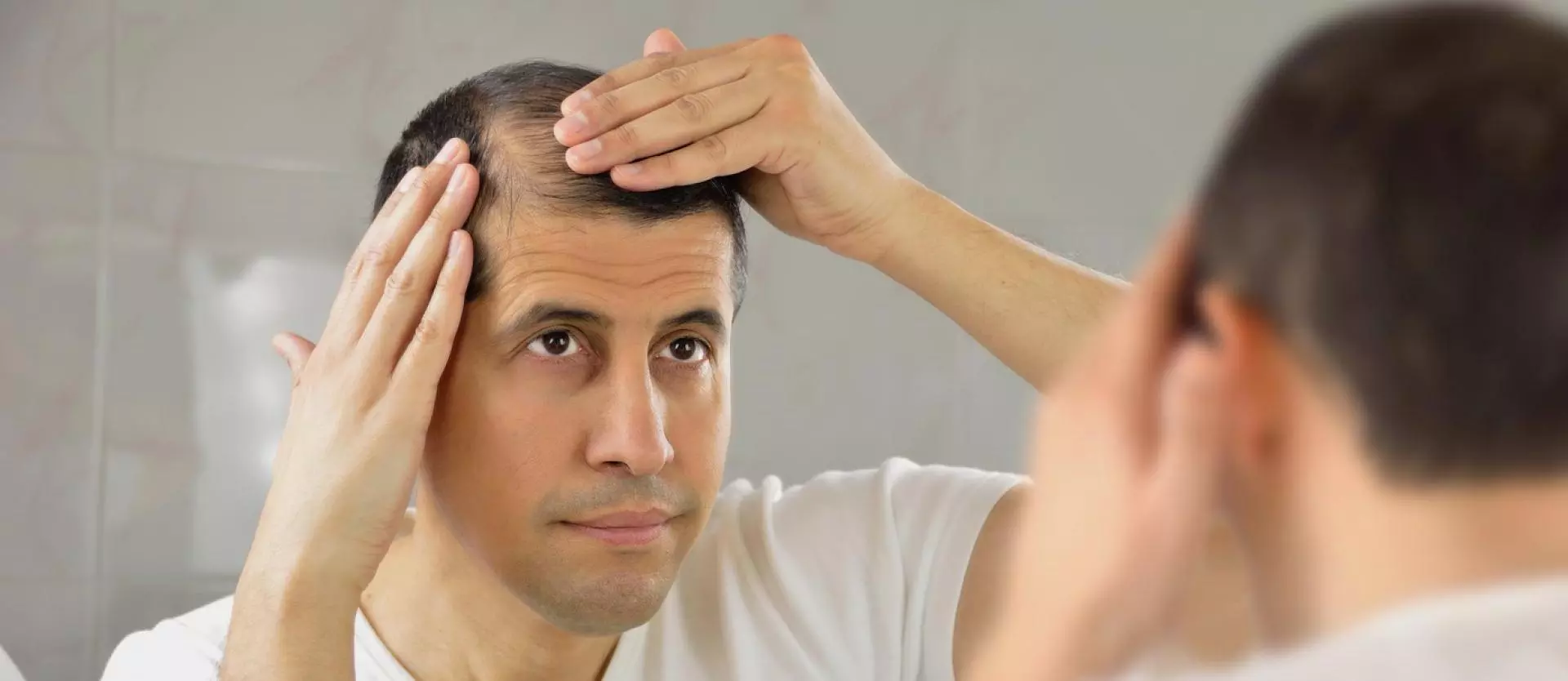Oil can be one of those topics that many hair stylists will have a varying opinion on and, there is good reason for this. Oil can do wonders for the scalp in some cases. In others, it can clog the hair follicles and pores. When it comes to using it for your needs, it is important to speak to a hair professional about the benefits it can offer or any drawbacks it can create for you. For most men and women, the application of oil to their scalp will not cause instant damage. It will not create a scenario where your hair will fall out.
Why Is Oil Beneficial?
There are a few good reasons to massage oil into your scalp. The scalp is much like other skin on your body. It can dry out. It can become flaky. It can be filled with bacteria that can cause irritation and even blemishes. However, one of the key factors to take into consideration here is what your skin needs. If your skin on your scalp is very dry, this can create itching and dry skin. This will contribute to hair loss if it does not resolve over time or becomes severe. Adding oil to the skin, then, can be helpful because it may help restore moisture to the scalp.
In addition to this, massaging oil into the scalp can offer a few key benefits. While an application of oil is okay, you will see significant benefits from actually getting a scalp massage with oil as an application. That process will work to help stimulate your hair follicles. Here is what can happen. The massage itself stimulates the body to send more blood to the area. With increased circulation in the area, that means there is more oxygen-rich blood arriving to the hair follicles. That blood is full of important nutrients that your body needs. And, as it arrives to the scalp, it helps to kick the follicle cells into action. Therefore, massage oil can actually help to stimulate blood flow and encourage hair to grow. In this way, it works to your benefit.
However, Too Much of a Good Thing Is Not Ideal
Take into consideration the over application of oil. Oil, as noted, helps to lock in moisture to the skin. It also locks in bacteria. It can enter into the follicles and simply sit there. The oil also creates a scenario in which the follicles become inflamed from the bacteria present there. This can cause pain and inflammation. Over time, this can lead to complex concerns as well. In some ways, it can damage the hair follicles if the oil is not properly removed from the scalp on a regular basis. It may create greasy hair, too.
What Should You Do?
If you are someone that has a significant amount of dry, flaky skin on your scalp, do not ignore it. Make your first step an opportunity to discuss your skin/scalp with a hair professional or dermatologist. Talk about ways to improve this. It is a good idea to seek out an opinion from your hair stylist about the use of oil on your scalp. Every person's needs will be a bit different here. However, if your hair stylist recommends it, oil massages can be a good thing. Consider them an opportunity to help stimulate hair growth. However, there are a few things to consider:
- Use all natural and non-toxic oils on your scalp. You do not want to damage your skin here.
- Have it done This will increase your ability to have great looking hair while also having a healthy scalp.
- Be sure you wash your hair and scalp well. Follow the directions provided by the hair professional for properly cleansing this out of your hair.
- See a hair professional to determine which oil(s) will benefit your scalp. The same regimen is not recommended for an oily scalp or to someone with a dry scalp. Each scalp type requires specific care.
At Unique Hair Concepts, we offer a free, private consultation. During the consultation process, we use special tools that measure oil and hydration levels of the scalp and determine the correct scalp care protocol for individual needs.
Most importantly, recognize the signs of concern. If you believe that you have hair loss, it is unlikely to be the oil that is causing it. Meet with a hair loss professional. Contact the team at Unique Hair Concepts for more information.






